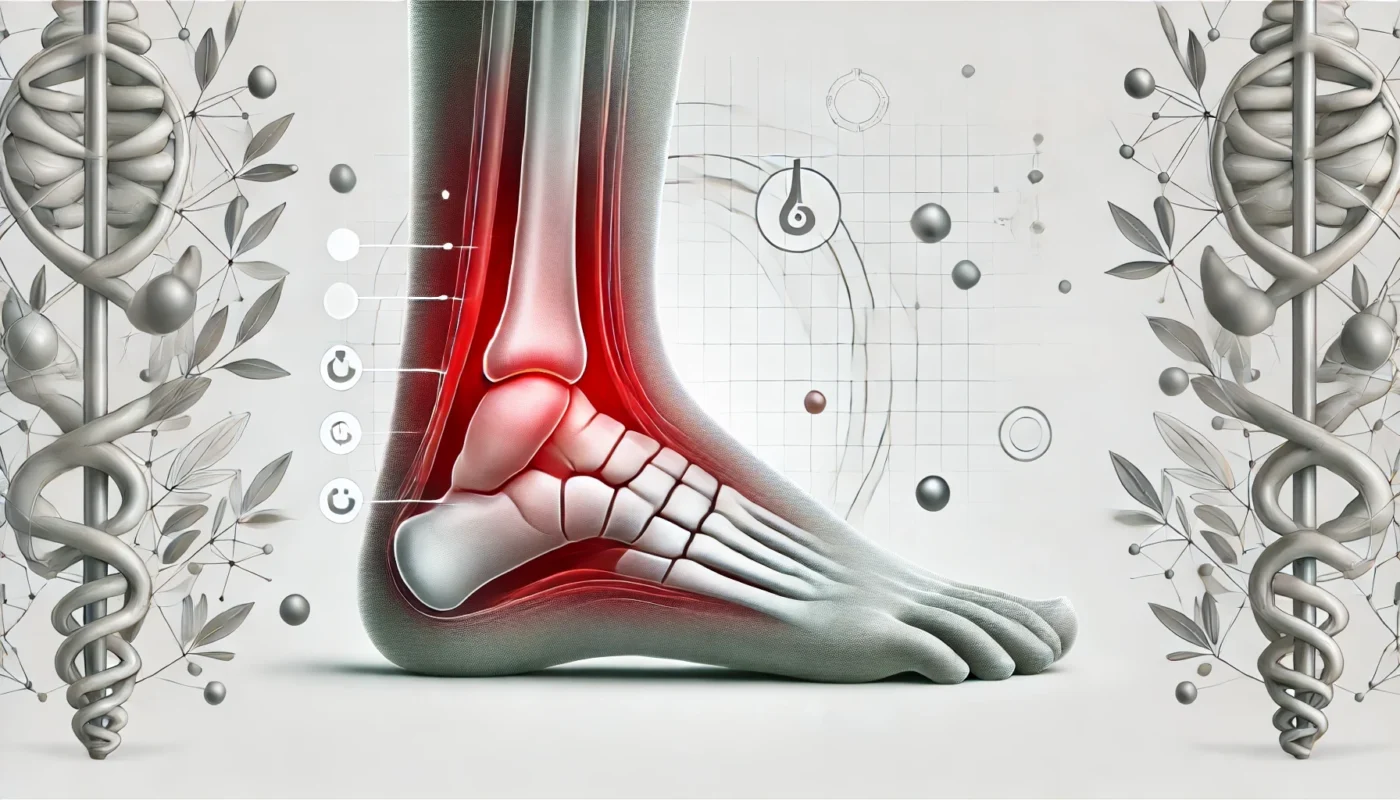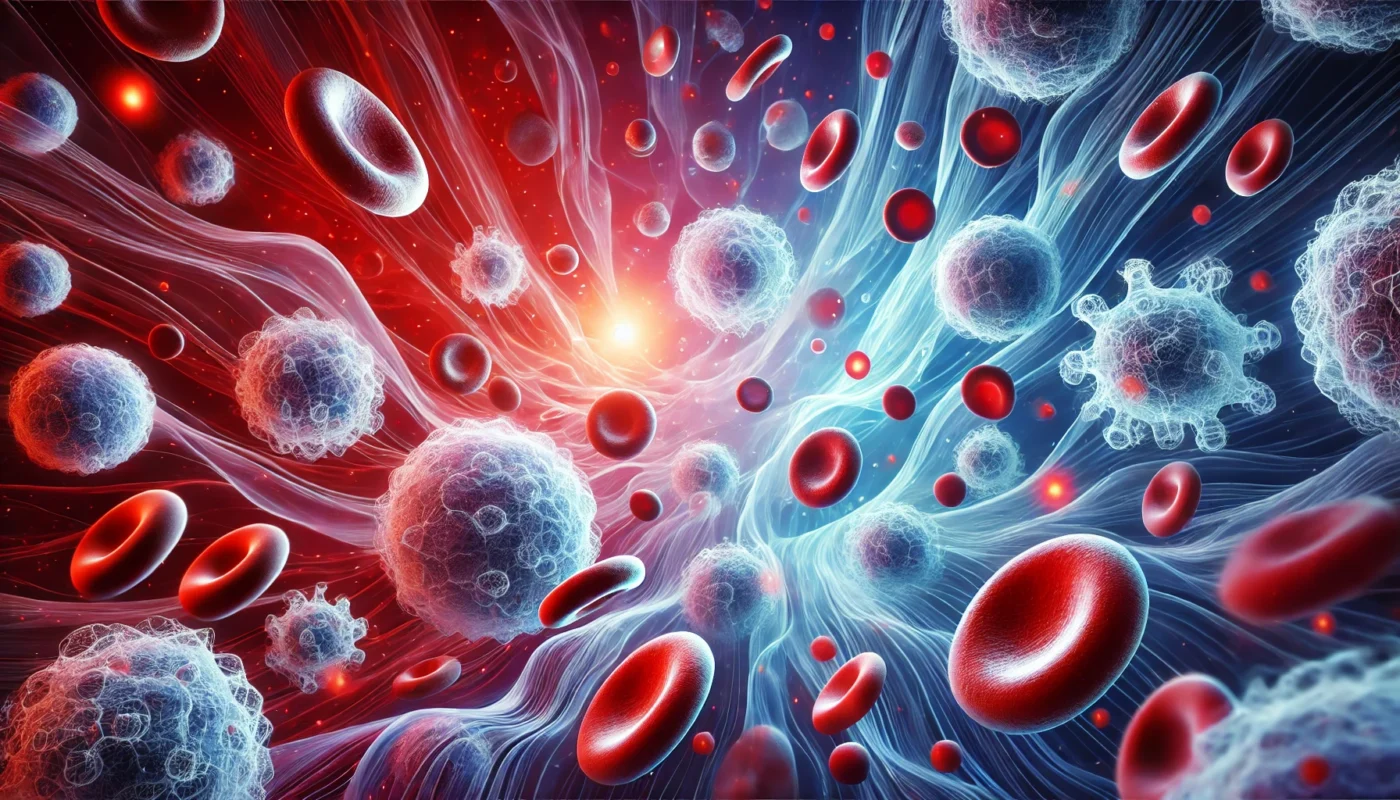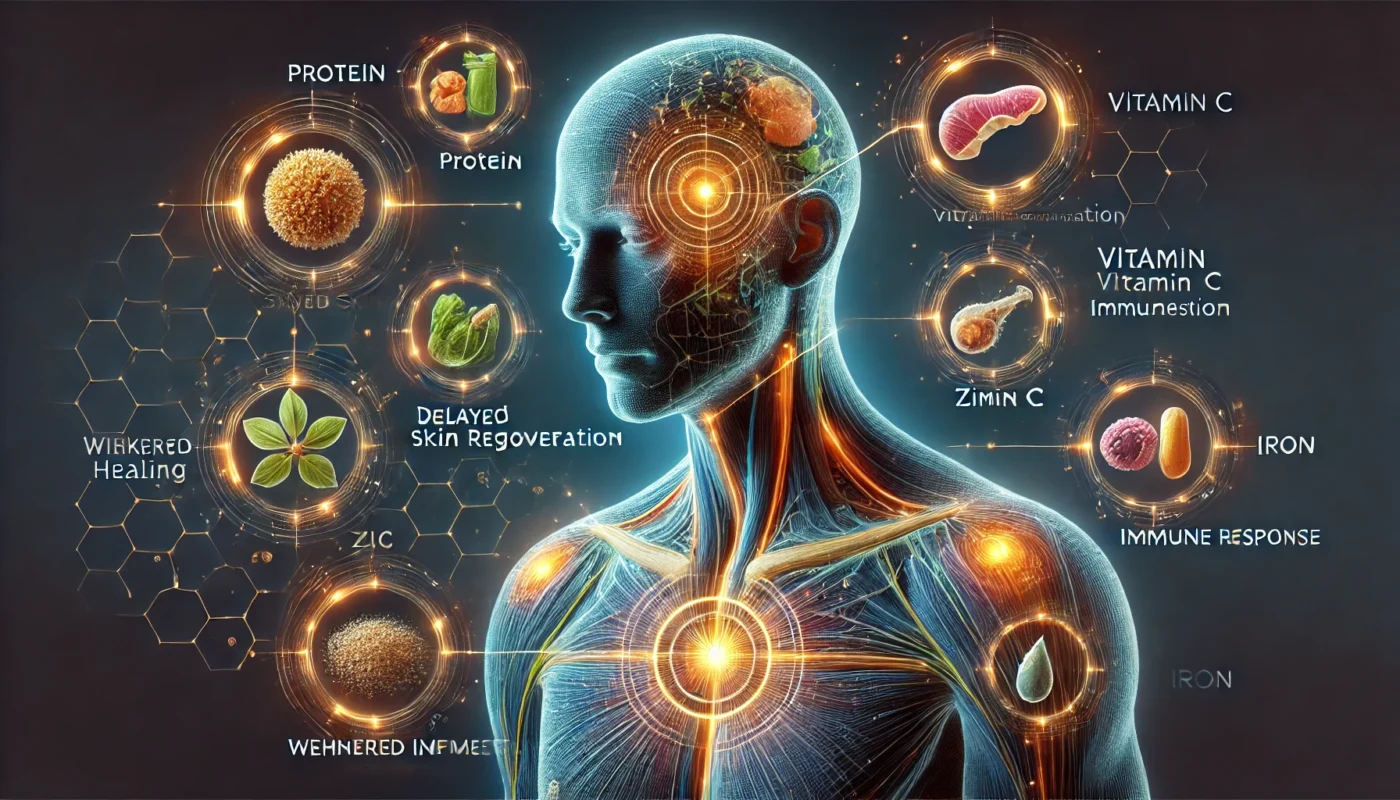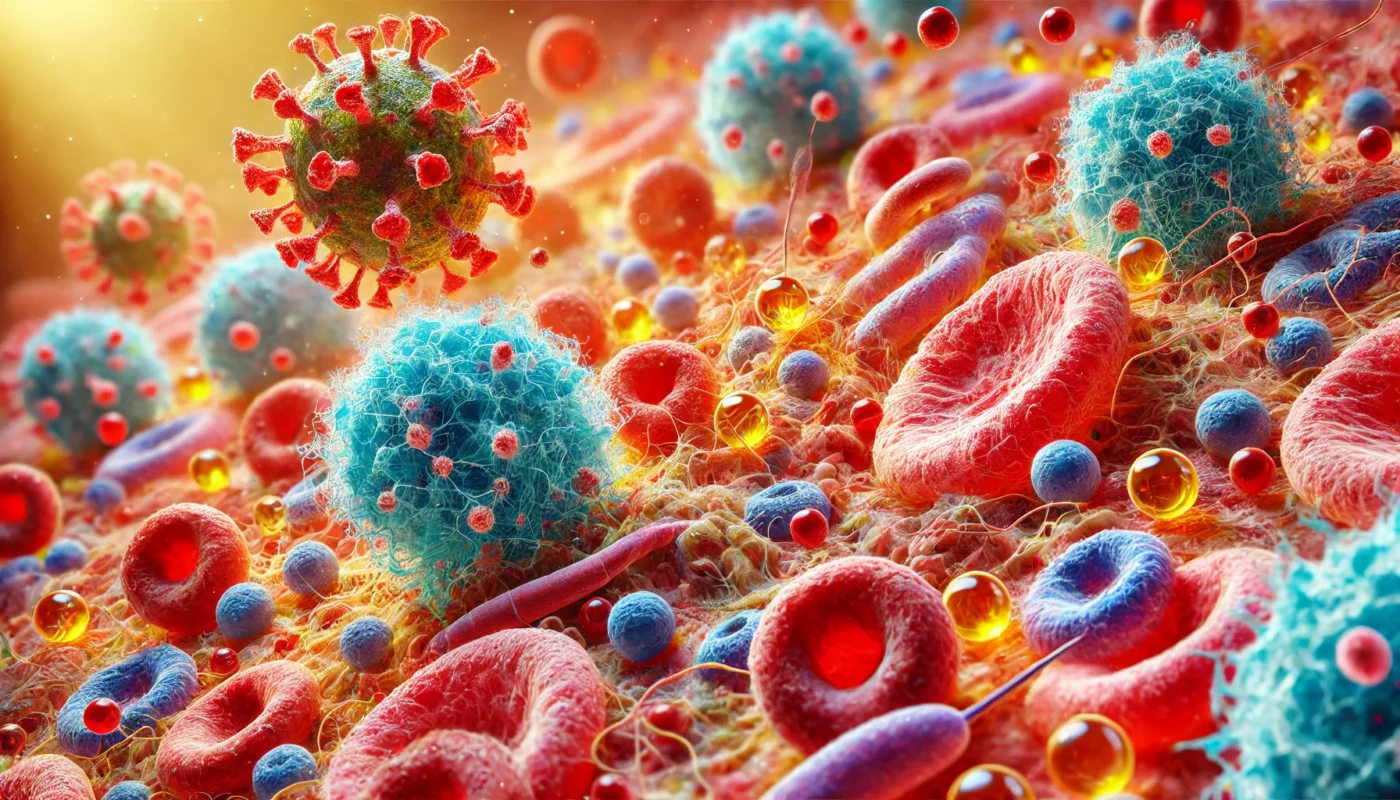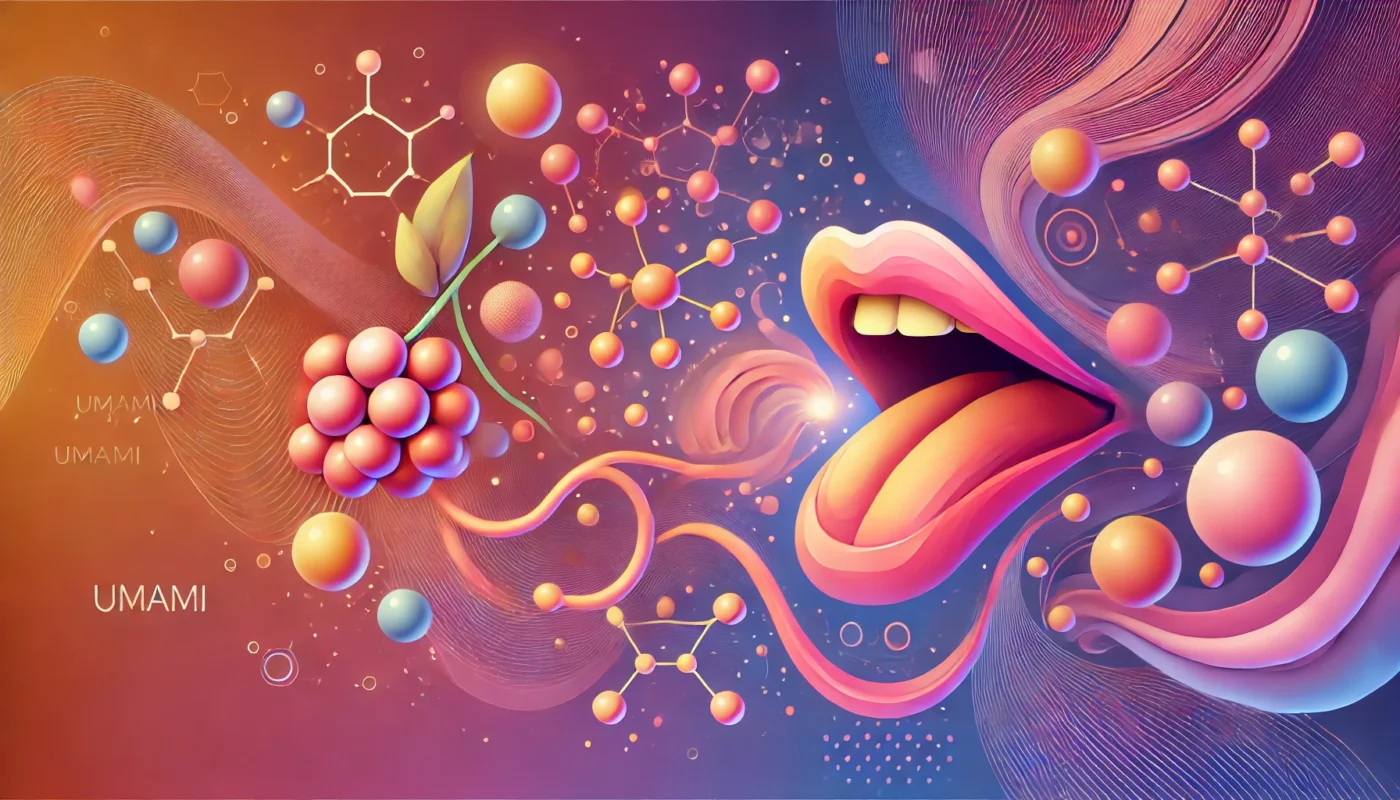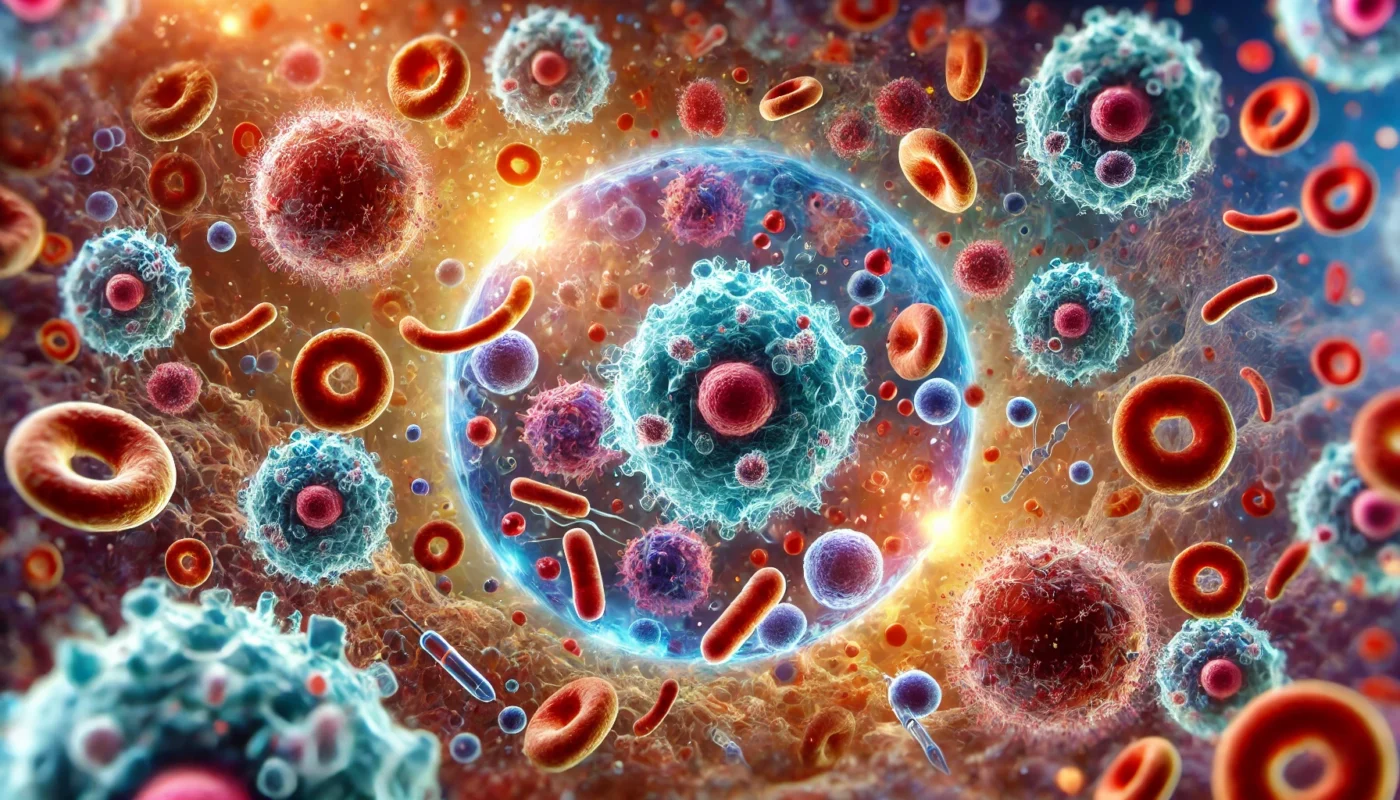Immune disorders can manifest through both underactive and overactive immune systems. When the immune system is underactive, the body becomes susceptible to infections and diseases. Conversely, an overactive immune system can lead to conditions such as allergies, autoimmune diseases, and chronic inflammation, wherein the body’s defenses mistakenly attack its tissues.
Tag Archives: Inflammation
Bursitis commonly affects the shoulder, elbow, and hip, but it can also occur in the knee, heel, and the base of your big toe. It often results from repetitive motions or positions that irritate the bursae around a joint. Symptoms include pain, swelling, and stiffness, and the condition can significantly impact your quality of life if not addressed adequately.
The human body is a complex ecosystem, capable of self-healing when nourished with the right nutrients. Foods that help fight infection are rich in vitamins, minerals, and antioxidants, which work collectively to enhance immune function and protect against pathogens. These foods not only bolster the body’s defenses but also support overall health by providing essential nutrients.
Swelling is the result of fluid accumulation in the body’s tissues. This can occur due to various reasons, including injury or trauma, infections, chronic conditions, and dietary habits.
Swelling, or edema, is the result of an accumulation of fluid in the body’s tissues. This condition can occur due to various factors, including injury, infection, or chronic diseases such as heart failure or kidney disease. While swelling is a common bodily response, it can be uncomfortable and may indicate an underlying health issue that requires attention.
White blood cells are the cornerstone of the body’s defense against infection and play a pivotal role in inflammation. These cells are primarily produced in the bone marrow and circulate through the blood and lymphatic tissues. There are several types of WBCs, each with specialized functions.
Recovery from injuries, surgeries, or illnesses is a multifaceted journey that demands a holistic approach. While physical therapy and rest are often highlighted, nutrition plays a pivotal, yet frequently underestimated, role in the recovery process. Nutritional deficiencies can significantly hinder the body’s innate ability to heal and regenerate. This article explores how inadequate nutrition affects […]
At its core, inflammation is the body’s natural response to harm, whether from infection, injury, or foreign bodies. The inflammatory response is a protective mechanism aimed at eliminating the initial cause of cell injury, clearing out damaged cells, and establishing a healing environment.
MSG is a flavor enhancer derived from glutamic acid, a naturally occurring amino acid found in various foods like tomatoes and cheese. MSG imparts the umami taste, which is one of the five basic tastes alongside sweet, sour, bitter, and salty. It is commonly added to processed foods, fast foods, and Asian cuisine to enhance flavor.
Inflammation is the body’s natural response to harmful stimuli, such as pathogens, damaged cells, or irritants. It is a complex biological response involving immune cells, blood vessels, and molecular mediators. The purpose of inflammation is to eliminate the initial cause of cell injury, clear out necrotic cells and tissues, and establish a repair process.





